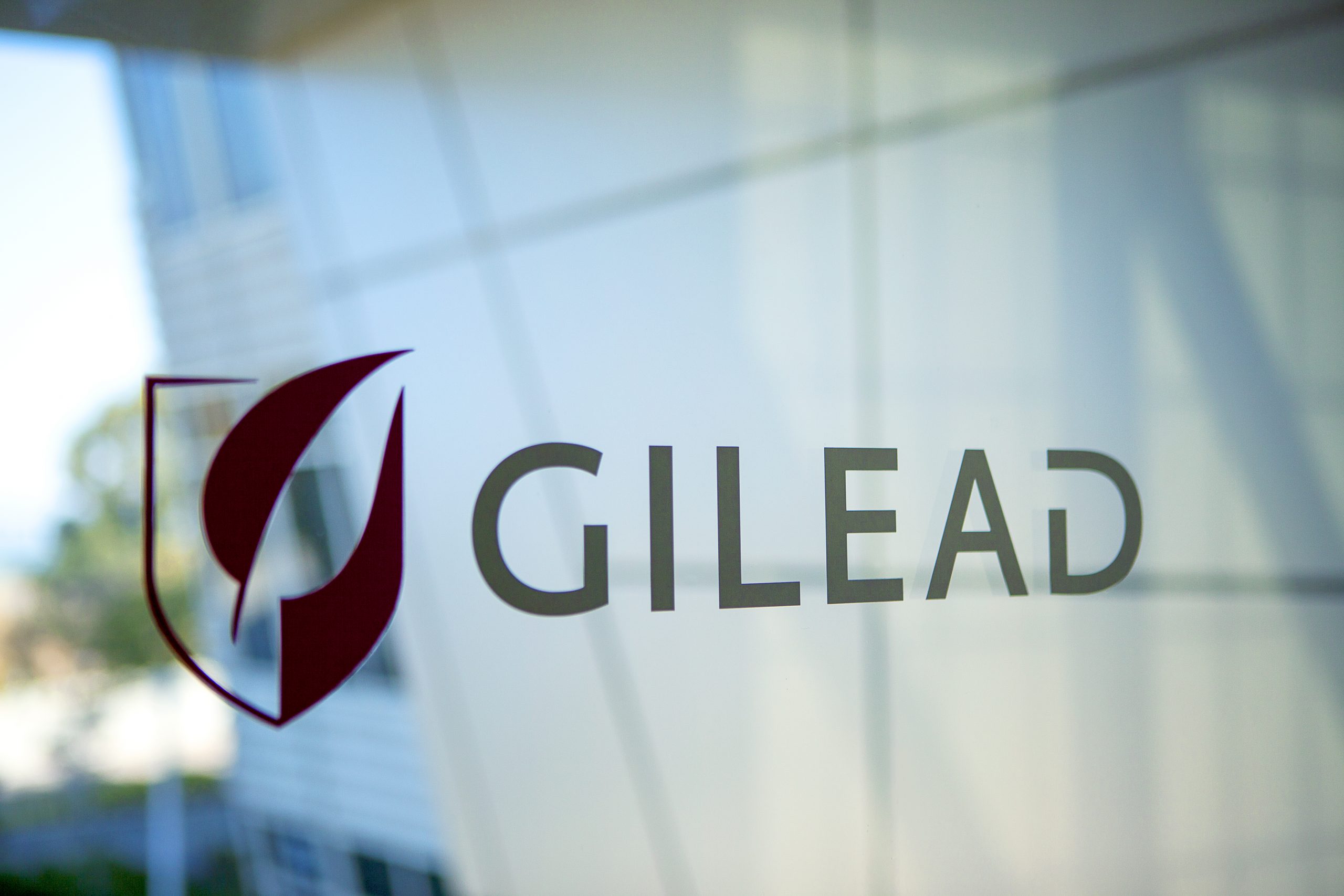Gilead signs biotech deal arming T-cells to attack solid tumours

Gilead’s Kite unit has signed a deal with the biotech HiFiBiO (High Fidelity Biology) to discover T-cell receptors that could lead to cell therapies capable of targeting solid tumours.
Approved CAR-T cell therapies such as Gilead’s Yescarta (axicabtagene ciloleucel) can only work on blood cancers, and pharma companies are searching for ways to make powerful cell therapies that are capable of infiltrating solid tumours and attacking them.
There are many reasons why existing cell therapies cannot be used on solid tumours – but the main reason is that they are incapable of targeting antigens presented by this kind of cancer cell.
Gilead wants to change this by finding receptors that can target neoantigens – proteins found only on the surface of tumour cells that are unique to each patient.
If scientists can coax T-cells into expressing the neoantigens, then they will be able to create a therapy personalised to the individual patient’s cancer.
Kite will pay $10 million up front and will make additional payments on achievement of certain research milestones.
Kite will have an exclusive option to license HiFiBiO’s platform to screen T-cell repertoires and to identify T-cell responses (TCRs) for use in TCR engineered T-cell therapies with a corresponding payment to HiFiBiO.
Alessandro Riva, Gilead’s head of cell therapy, said: “Neoantigen-based cell therapy is a very exciting yet complex area of research that has the potential to transform the way we treat many solid tumours.”
“We are excited about this collaboration with HiFiBiO, which will build upon our existing capabilities focused on discovering cell therapies which target patient-specific tumour neoantigens.”
“CAR-leukaemia” cell kills patient on trial
In a separate development the journal Nature Medicine reported that a patient has died on a University of Pennsylvania trial after treatment with a CAR-T therapy, after a single leukaemia cell was harvested along with a patient’s T-cells by mistake.
Authors of a short communication in the journal said that a single leukaemia cell was made to express the anti-CD19 receptor along with the T-cells.
The leukaemic B-cell multiplied and its product bound to the CD19 antigen on the surface of the leukaemia cells.
This masked it from recognition by the CAR-T therapy – Novartis’ Kymriah (tisagenlecleucel). The Swiss pharma said it was not aware of this happening in any of the 400 patients treated in its trials or commercially.
Authors said: “These findings illustrate the need for improved manufacturing technologies that can purge residual contaminating tumour cells from engineered T-cells.”












